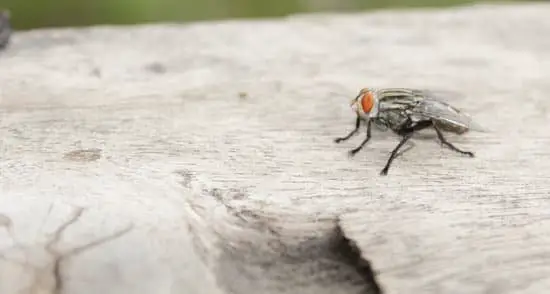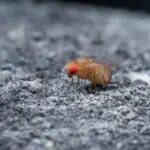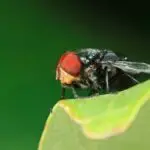Why Do Insects Go Dormant in Winter?
When the temperatures fall below freezing, most insects will enter a state known as hibernation or diapause. During this time, insects use up stored energy and food reserves to survive. They emerge when temperatures rise again. However, some insects may go dormant for months.
To avoid freezing temperatures, flies decrease their metabolism. This allows them to save fat as they don’t require much energy. If you see flies buzzing around your windows on sunny days, this is a sign that they are looking for warmth. As fall approaches, warmer days will bring them out of hibernation and back into action.
If temperatures drop below 32degF, flies will enter a temporary state known as diapause. Diapause will last about four weeks, depending on the specific temperature. However, if temperatures are significantly lower, they may die sooner. During this time, flies produce a natural antifreeze called glycol. This substance is necessary for survival during cold temperatures.
Adult flies spend most of the day mating and laying eggs. Maggots hatch from the eggs within 20 hours and feed on nearby food sources. During the cold season, cluster flies will use buildings as a shelter for their winter months. Then, when temperatures increase in the spring, they will move outdoors and reproduce.
In warmer weather, the flies will begin feeding on foliage. However, in colder weather, they will stay in their pupa stage for about 27 days. When they emerge in spring, the adults will have a much better chance of surviving. During the colder season, it is important to turn over the soil in flower beds and compost bins, as well as animal bedding and manure. This will expose any maggots in the soil.








